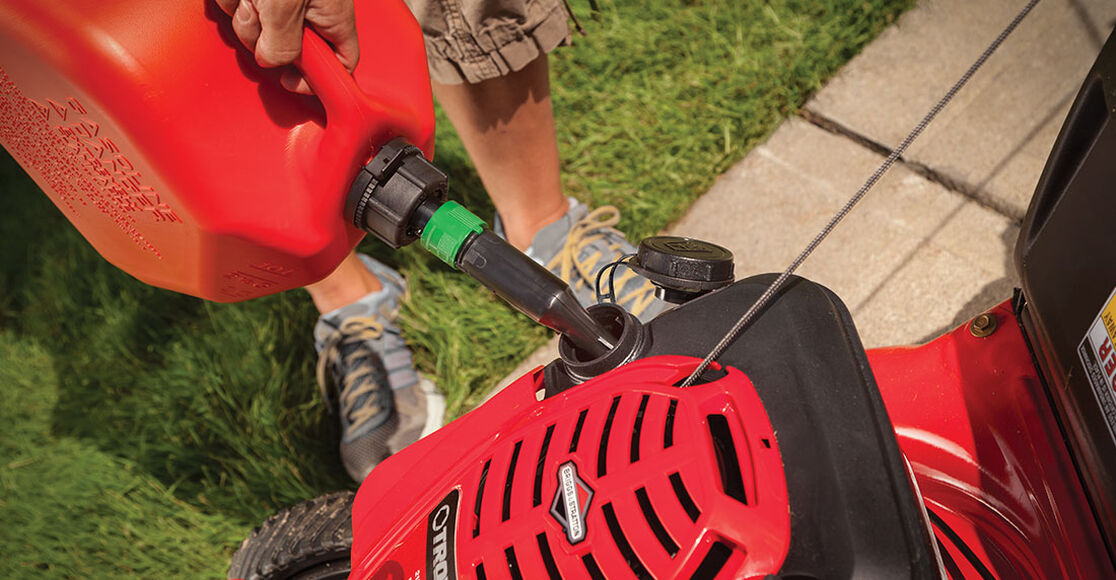With owning outdoor power equipment comes the responsibility of performing regular maintenance to keep it running properly. This includes being aware of how fuel can affect your equipment's performance and how critical using the right fuel is to ensuring it stays in good working condition from season to season.
Consider these tips to ensure your equipment will run smoothly and last longer.
Why is ethanol fuel bad for your equipment?
Most fuel contains ethanol, which is a grain alcohol distilled from corn and sugar. Fuels with ethanol work well in larger engines, like cars, but can be very harmful to your outdoor power equipment - as it burns hotter in smaller engines and can cause damage. Ethanol attracts moisture from the air, and when the two substances bond together, phase separation occurs. This means water separates from the gasoline and settles at the bottom of the gas tank.
Water in the fuel tank can cause corroding and clogging of the fuel system; this can lead to starting issues and costly repairs. Add a fuel stabilizer to the engine at the beginning and end of each season, as well as to fuel left in the gas can to help prevent water from accumulating and causing damage.
What fuel should be used?
To minimize issues, use fuel that has the least amount of ethanol content as possible. If you're picking up fuel from a gas station, most sell 'E-10' gas which contains 10% ethanol; this can be used for your equipment. Make sure to avoid any gas with 'E-15,' as 15% ethanol gases will damage smaller engines.
Another option is to select a precision-engineered fuel that doesn't contain any ethanol. You can find a wide variety of these fuels that are premixed and ready to use with 2-cycle and 4-cycle engines for string trimmers, walk-behind mowers, leaf blowers and snow blowers.
